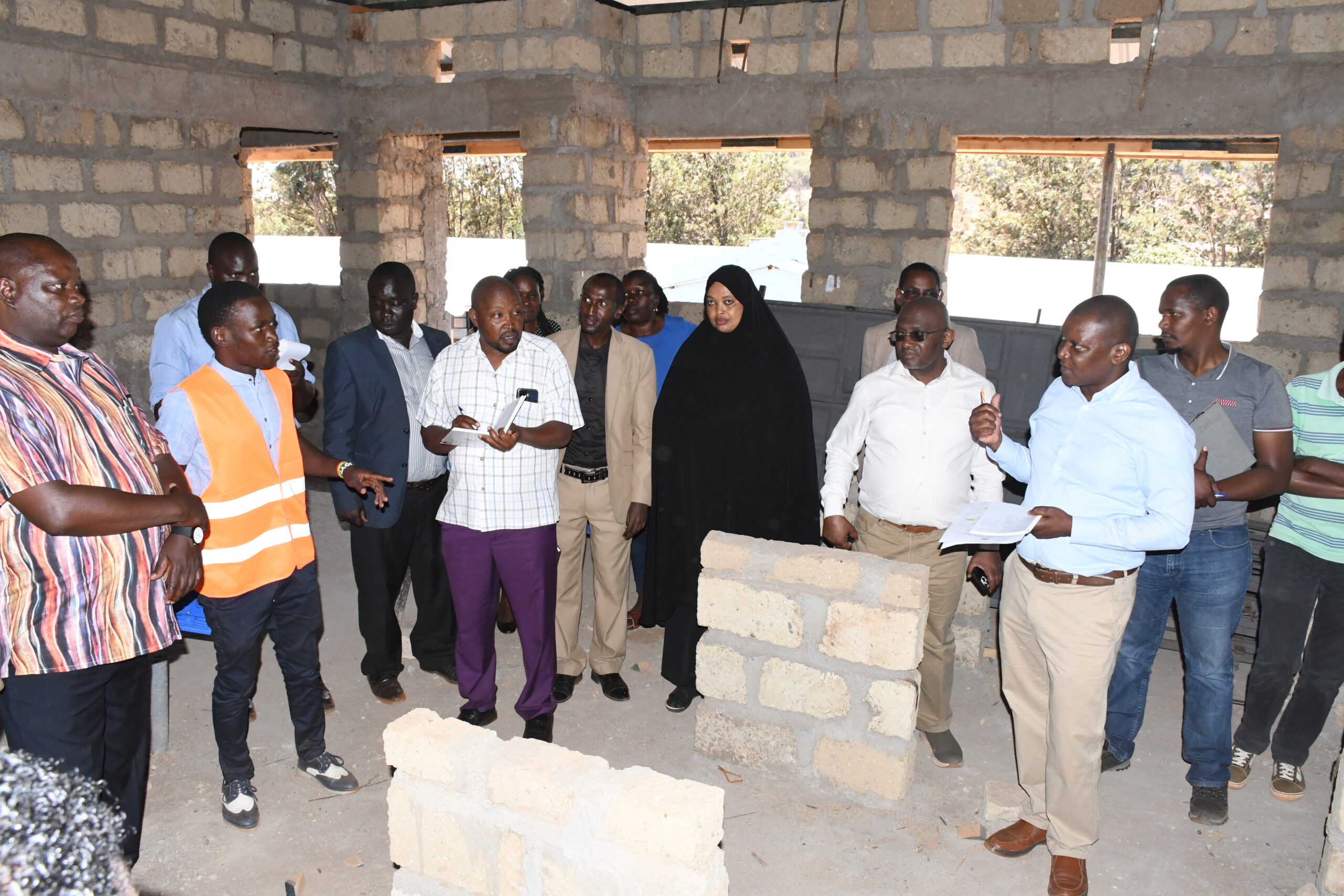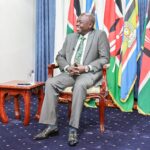The Government is keen on improving educational infrastructure for public secondary schools in Arid and Semi -Arid Lands to cater for the increased enrolment and reduce drop out cases.
Marsabit County Commissioner, Norman Komora says while majority of schools have benefited from infrastructural developments initiated by the national government, a lot more needs to be done to further make learning conducive in the area and ease facility congestion.
Komora who spoke during an entry meeting of the joint support mission for the implementation of Secondary Education Quality Improvement Project (SEQIP) called on the contractors to expedite the completion of the project.
“The Government must get value for money from the World Bank funded programme,” he said.
On his part, Ministry of Education Director for Primary Education, Steven Barongo reiterated the government’s commitment to upgrade the existing schools’ infrastructure so as to enable more learners to transit to secondary level.
He however stated that there will be no work on site during the National examinations, further calling on the contractors to increase their human resource in a bid to ensure that work is completed on time.
“Deadline for completion of SEQIP funded projects is on 29th December, 2023. Any contract that will not be commissioned and handed over to schools by this date will be closed and money channeled directly to the schools to complete the works,” Barongo warned.
According to Marsabit County Director for Education, Joseph Ole Maki, SEQIP has impacted the performance in the county by ensuring retention of learners at all levels in basic education.
The eight-joint support mission under SEQIP is being undertaken by the Ministry of Education and World Bank within 10 selected Counties namely; Marsabit, Isiolo, Laikipia, Tharaka Nithi, Kitui, Taita Taveta, Elgeyo Marakwet, West Pokot, Migori, and Kisii where the infrastructure projects have been implemented.
SEQIP seeks to improve retention, transition, and the provision of quality education in ASALs and marginalised areas in the country.





